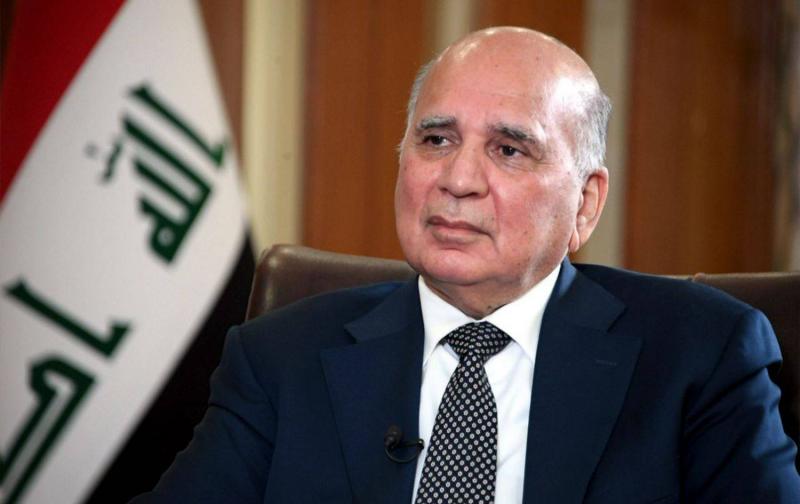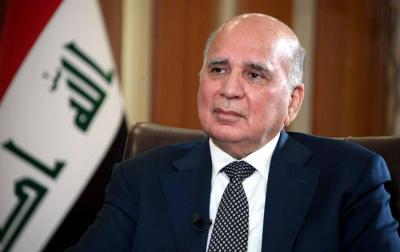The Iranian news agency "Tasnim" reported that Iraqi Foreign Minister Fouad Hussein will visit Washington next month, during which the conclusion of the international coalition's mission in Iraq will be announced. According to a source cited by the agency, Hussein will read a statement at a joint press conference with his American counterpart Antony Blinken during the visit, declaring the end of the international coalition's mission in Iraq.
It is planned for the withdrawal of international coalition forces from all of Iraq, except for the Kurdistan region, to begin in September 2025, with the international coalition evacuating the Kurdistan region in September 2026. Analysts mentioned earlier this week that ongoing talks between Baghdad and Washington regarding the withdrawal of US forces are not serious, while Iraqi officials reiterated the necessity of accelerating negotiations to establish a timetable for the withdrawal of American forces from Iraq.
This comes amid heightened anticipation in the Middle East due to repeated statements from senior officials in the United States, Israel, and Iran regarding military responses, escalation trends, and the involvement of armed groups loyal to Tehran. The Pentagon announced the arrival of US Air Force F-22 Raptor fighter jets to the area under the responsibility of the US Central Command as part of troop positioning movements in the region to address threats posed by Iran and its supporting groups in Iraq and some neighboring countries.
Previously, the United States announced the deployment of the aircraft carrier "Abraham Lincoln," a squadron of fighter jets, and additional warships to the Middle East, with the region preparing for a potential Iranian response to the assassination of Hamas' political bureau head Ismail Haniyeh in Tehran. These developments follow recent attacks by armed groups loyal to Iran on the US base "Ain al-Asad" in western Iraq, resulting in injuries to several American soldiers. Washington considered the attack a serious escalation in Iraq and indicated Iran's negative role could increase tensions in the region.
For his part, Iraqi Prime Minister Mohammed Shiaa Al-Sudani confirmed in a phone call with US Secretary of State Antony Blinken that preventing a regional war in the Middle East is directly linked to ending the Israeli war on Gaza.




